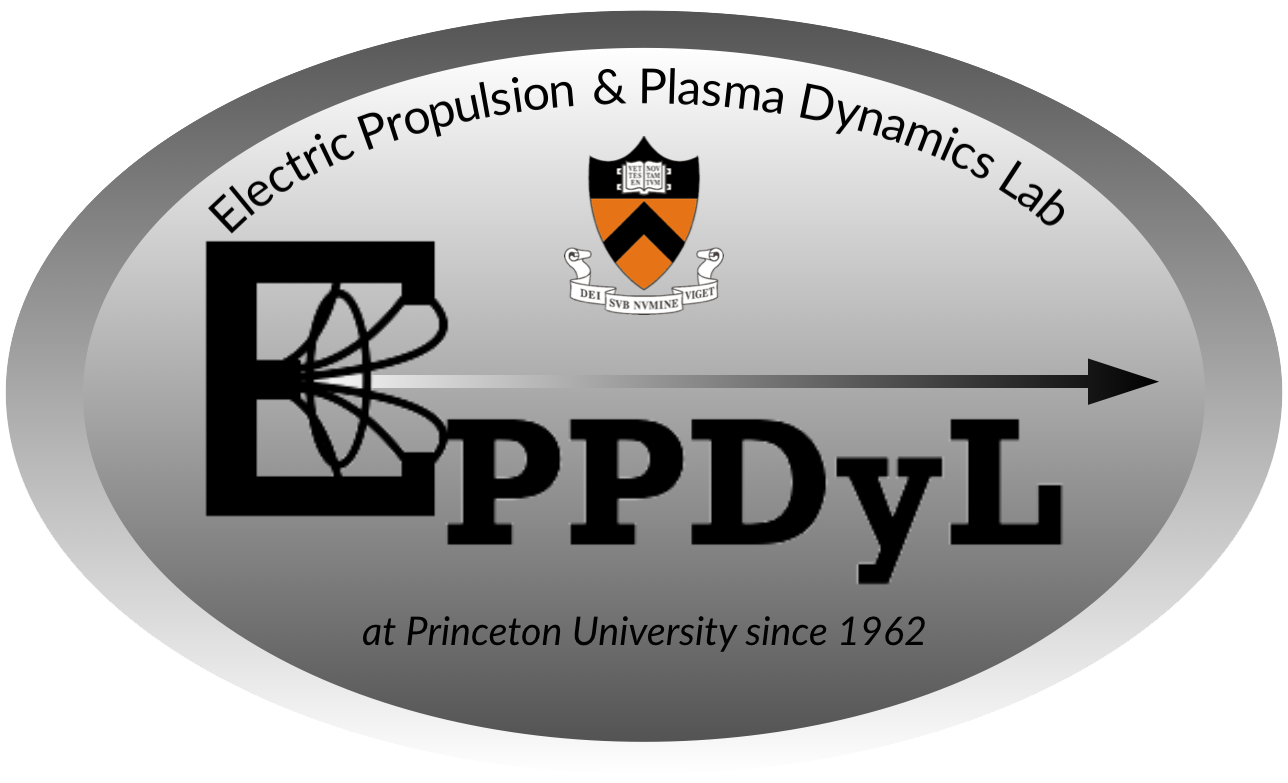Efficiency of Plasma Heating with Beating Electrostatic Waves
Download
Efficiency of Plasma Heating with Beating Electrostatic Waves
Abstract
A one-dimensional efficiency model is derived for the heating of a uniformly magnetized plasma with beating electrostatic waves (BEW). Due to the non-resonant nature of this process, it is believed to offer improvements over existing resonant schemes for plasma heating in electric propulsion applications. A simplified energy transport equation with a Fokker-Planck diffusion operator for the interaction of the BEW with a magnetized plasma is used to predict the efficiency of heating in a rectilinear geometry for waves with phase velocities larger than the ion thermal velocity. An explicit calculation for efficiency is performed for the case where the BEW consist of two electrostatic ion cyclotron waves. The resulting expression matches the observed heating efficiency in a BEW laboratory experiment to within an order of magnitude, and the low efficiency values observed in this laboratory experiment are shown to be the result of an unfavorable set of plasma parameters where the ratio of wave phase velocity to ion thermal velocity is exceptionally high. In order to examine the efficacy of BEWH for an electrothermal propulsion concept, the plasma parameter space of a typical radiofrequency plasma propulsion concept with a lower ratio of wave to ion velocity is investigated. It is shown that under these conditions, BEW heating is capable of reaching high efficiency levels.
